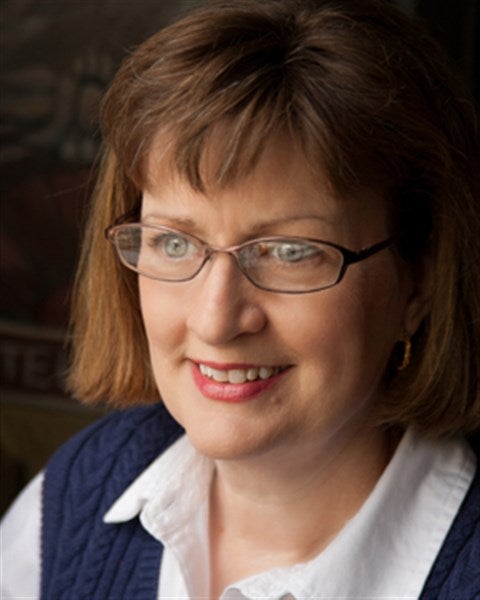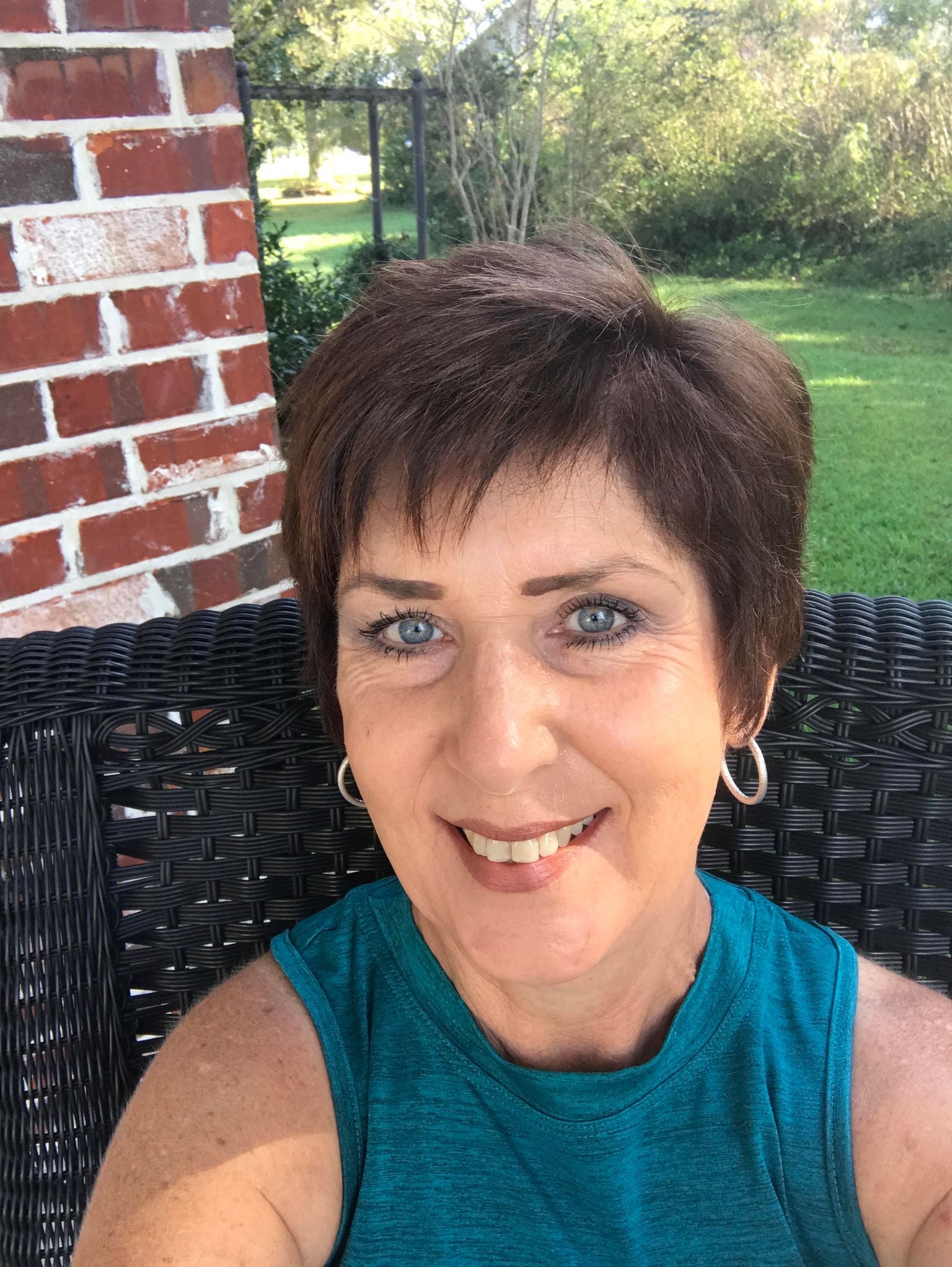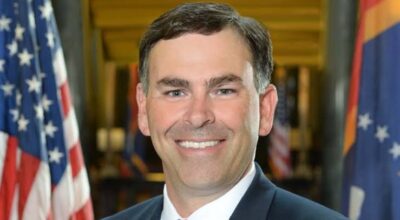Rita Howell Honduras editorial 8/8/2014
Published 12:00 am Friday, August 8, 2014

By Rita Howell
It was a marathon to get there and a marathon to get back.
But for six days last week I was on Honduras time, in a world where things are slower and less complicated among the pine-covered mountains, where the occupation of most of the people is simply to survive.
Our mission team included 24 Mid-Southerners and as many Honduran doctors, dentists and volunteers. Many, including our leader, Batesville dentist Andy Garrott, had made this trip numerous times. Andy’s been doing mission work there for 30 years, having founded New Vision Ministry as a funding arm for the medicall/dental/spiritual work that takes place at the Rosa Adelina Assistance Center near the mile-high town of Yamaranguila (about the size of Como), in the western part of the country.
The center was built on land donated by a prosperous local businessman and contractor who lives just up the hill from the open pastureland on which the campus sits. It’s a staging area for missions, with a large dining hall which doubles as a dental clinic and pharmacy. There are four cottages to house team members and a medical clinic, and there’s a large storehouse where we conducted Bible School classes.
The center enjoys a clean water supply–so necessary for good health yet so rare in those parts–from a well and purification system installed by a group called Living Water.
Year ‘round, people come up to the water faucet outside the compound fence to get good water. The sign says it is free.
When mission teams visit, the crowds line up early at the gate. A radio station on the campus has alerted the people that the center will be open. They walk, sometimes for hours, to get there. They know they can see a doctor, get prescriptions, or get dental care. The children are invited to a Bible School class, which is where I worked for most of the four days we were at the center.
Bible School director Cindy McCurdy of Pope and I had received donations from our churches and spent it on supplies for the children–craft projects, small balls, puzzles, games, trinkets. If we’d had another day we would have given away every crumb we carried there stuffed in our suitcases. As it is, we left a little in reserve for the next trip.
Helping out with teaching the children’s lessons, translated by our interpreters, was Sara Warren of Locke Station. She was making her first trip, accompanying her husband, Barry, pastor of Goodwill Church of God. Barry is a veteran of three trips with Andy’s team.
South Panola High School vocational/technical director Leslie Busby (most of us just call him by his nickname, “Brother”) made a return trip, as did Panola Countians Brady McMillan, Jim McCurdy, Ryan McCurdy, Erik Broome, Randy Willis, Kara Tapp (now of Starkville) and Malcolm Morehead. You can see Malcolm’s photos on page B1.
The Panola team members were joined by Larry and Becky Turner and daughter Zoe of Oxford, Kory and Sorrel Duncan of Laurel, Ric Spivey of Prentiss County, Sandra and Elizabeth Pritt of Lakeland, Tenn., Dr. Barret Matthews and Dan White of Covington, Tenn., and John Owens of Memphis.
The group represented 13 different churches.
We Southerners were quickly embraced by our Honduran teammates, most of whom had worked at Rosa Adelina many times before. Friends greeted friends despite the fact that we don’t speak the same language. I remember very little of my four semesters of Spanish, but I can usually perform a pantomime to get an idea across.
Together we spent four busy, productive days serving more than 2,000 people.
We gave away two tons of rice and beans, a staple in their diet.
Several team members had brought donated clothes, which were quickly disbursed. Hondurans are generally small, and Americans are, well, not. So it bothered me that I was handing size XL garments to size S women. Later I was told that many of the women know how to sew, and are able to alter and repurpose the clothes. The Hondurans, I have learned, are not wasteful. They use whatever resources the mission teams bring them. Neither are they lazy. They can raise up to three corn crops a year to feed their families.
Our team served 1,157 patients in the medical clinic and Erik Broome’s efficiently operated pharmacy. The Honduran pediatric dentists saw 180 patients. Our Bible School had 384 young participants. Dr. Andy extracted 233 problem teeth. We distributed 600 pairs of flip-flops, and 3,000 copies of the Book of John. The men on our team visited a nearby prison, preaching the gospel and serving lunch to 489 people. Team members visited three schools where they distributed tracts, pencils, bracelets and the Book of John to about 750 youngsters.
Hair stylist Kara Tapp gave away 200 hairbows donated by her customers.
With our bags emptied of the supplies we’d brought and given away, there was room to take home some fine Honduran coffee. Underneath the seven pounds I stowed in my suitcase, I brought a drawing of a flower produced by one of our Honduran interpreters, a teen named Gabby.
“To Rita,” she wrote, “Thank you for everything. I love you with all my heart.”
I can’t wait to see her again.





